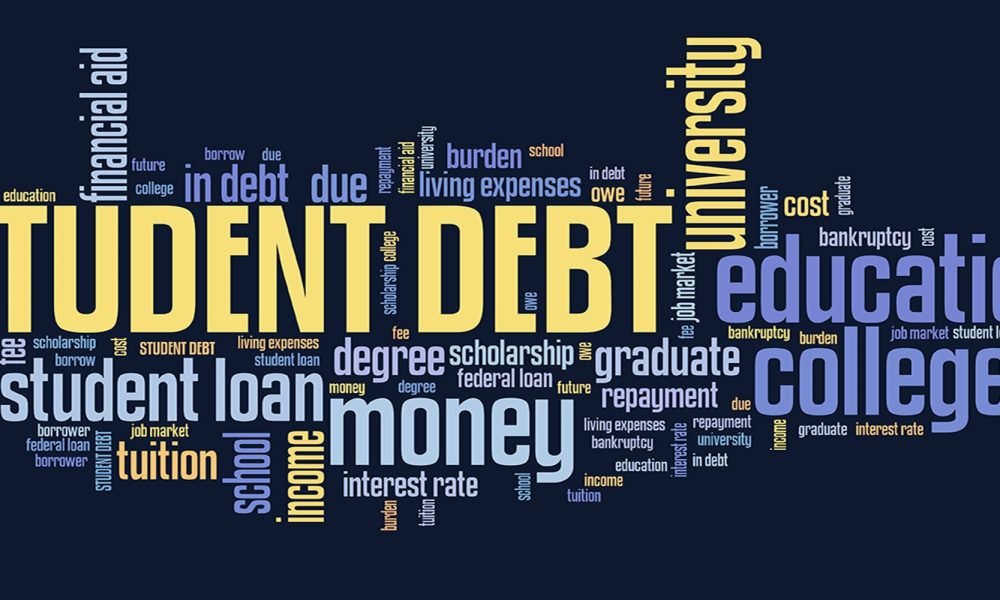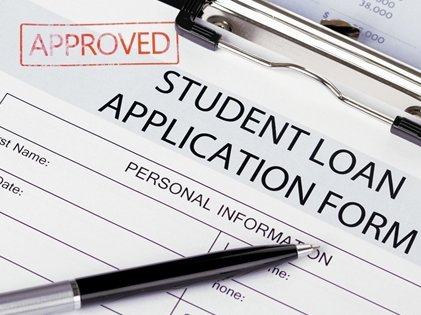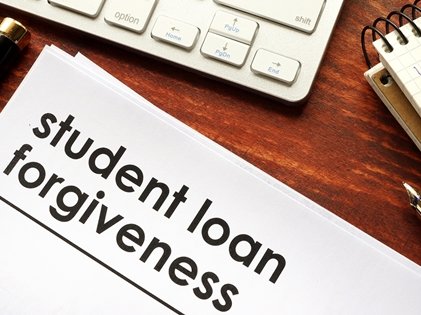Four Reasons Why A Federal Student Loan Is A Good Idea

In the USA, an average college tuition per year ranges from $11,000 (for public universities and two-year colleges) to $60,000 (for private institutions). That’s a lot of money, right? While the wealthy can easily afford to send their children to the best universities without worrying about making a dent in their bank accounts, the rest of us need to find alternatives to help pay our tuition’s and other school fees. These may be in the form of scholarships, grants, and student loans.
If you want to avail a student loan, choosing the right one for you is critical. If you’re unsure about private loans, better start with a federal student loan. Though private student loans may come in handy, they’re more stringent in terms of qualifications —not to mention expensive. On the other hand, federal student loans give applicants more leeway and generally give more. Here we have four reasons why you should start with a federal student loan rather than private loans:
Less Expensive With A Fixed Rate
 As mentioned earlier, private loans are much more pricey with fluctuating interest rates that tend to increase when the Federal Reserve raises the interest rate benchmark. Federal student loans have a fixed interest rate which is highly advantageous, especially if rates skyrocket during your repayment term. You may even opt for student loan refinancing which may further reduce your interest rate as long as your credit and income are strong after you finish your education.
As mentioned earlier, private loans are much more pricey with fluctuating interest rates that tend to increase when the Federal Reserve raises the interest rate benchmark. Federal student loans have a fixed interest rate which is highly advantageous, especially if rates skyrocket during your repayment term. You may even opt for student loan refinancing which may further reduce your interest rate as long as your credit and income are strong after you finish your education.
Easier Qualifications and Flexible Repayment
 One of the best things about federal student loans is how easy it is to qualify for one. Private loans won’t approve your application unless they can be assured that you have enough means to repay your loan. This means that in order to qualify, you will have to possess a sufficient income and a good credit history. On the other hand, there are federal student loans which are available for any enrolled undergraduate even if they don’t have any credit check or income. And if you didn’t know, direct PLUS loans are the only kind that requires a credit check.
One of the best things about federal student loans is how easy it is to qualify for one. Private loans won’t approve your application unless they can be assured that you have enough means to repay your loan. This means that in order to qualify, you will have to possess a sufficient income and a good credit history. On the other hand, there are federal student loans which are available for any enrolled undergraduate even if they don’t have any credit check or income. And if you didn’t know, direct PLUS loans are the only kind that requires a credit check.
In terms of repayment, federal student loans are more flexible. You may choose to have an extension for your repayment or one that changes in relation to the amount of income you receive. Moreover, you are given the opportunity to pause payments depending on the situation (e.g. unemployment) while private loans are not as forgiving.
Federal Student Loan Forgiveness
 What is this exactly? This means that your loan may be dissolved, essentially making the money you received “free money”. No need to repay at all! Before you get your hopes up, it is quite difficult to be considered or qualified for federal student loan forgiveness or discharge. But if you’ve been a public servant, such as a public school teacher and government employee among others, for a certain number of years, you might just be qualified for this.
What is this exactly? This means that your loan may be dissolved, essentially making the money you received “free money”. No need to repay at all! Before you get your hopes up, it is quite difficult to be considered or qualified for federal student loan forgiveness or discharge. But if you’ve been a public servant, such as a public school teacher and government employee among others, for a certain number of years, you might just be qualified for this.
If the student had an untimely death, the loan is automatically dissolved which reduces the financial burden of the family of the deceased. Loan cancellation of a deceased person may not be available for most private loans.
Loan Consolidation
If you have been approved for multiple federal loans, these may be consolidated into a single payment without the need for a credit check. Consequently, your monthly payments will be reduced with a fixed interest rate (weighted average of each loan you have) and extends your loan repayment term (you can choose between 10 to 30 years). But remember that loan consolidation is not suited for everyone. You’ll definitely have to shell out more money within your chosen loan repayment period as opposed to other loans.
When it comes to college education, not everyone is blessed with the privilege and resources. Student loans are your best bet if you’ve failed to comply with scholarship or grant requirements. But before you apply, do your homework first and research which kind of student loan is the most suitable for you personally. Which one has more pros than cons? Which ones can you qualify for? These and more questions must be answered before coming up with a final decision. If you’re interested in private loans, you can ask lenders in your city for additional information, while information on federal student loans are readily available online.